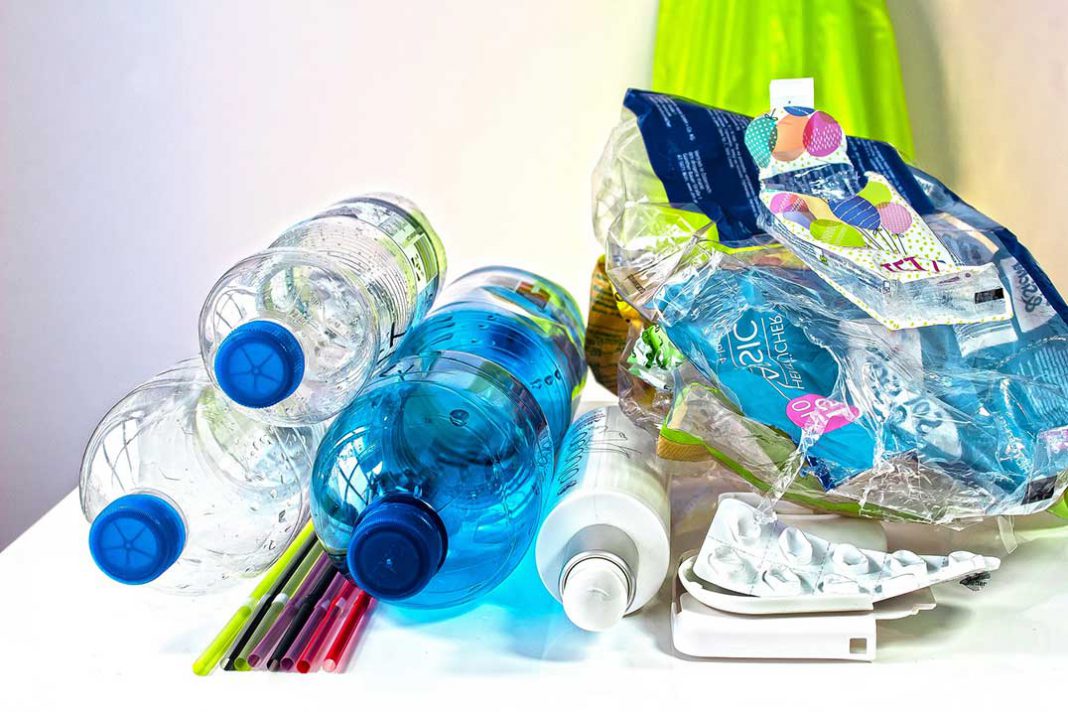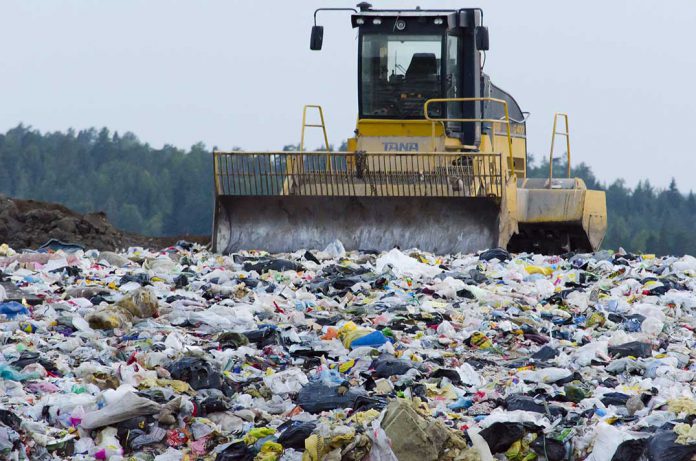ONTARIO—A representative of the reThink Green Communities program is in support of both the province of Ontario considering a single-use plastics ban in waste diversion strategy and Official Opposition critic for the Environment and Sustainability MPP Ian Arthur’s private member’s bill, which calls on Ontario to ban single-use throw-away plastics.
“I recently read a report about the volume of single use plastics that are in the Great Lakes. It was staggering,” said Barb Erskine, Manitoulin Energy Plan coordinator for reThink Green. “There is an article about the University of Toronto research on plastic in the Great Lakes citing a quantity of 22 million pounds of plastic ending up in Great Lakes due largely to storm water and waterways runoff. We may think of this being a reality in the Pacific Ocean, for example, but we have the problem in our own lakes as well.”
“I can’t see a downside for limiting single-use plastics—it would probably only mean upsides,” said Ms. Erskine.
The province of Ontario is considering a ban on single-use plastics as part of a broader strategy to send less waste to landfills. Currently, nearly a tonne of waste per person in Ontario is generated each year, and the rate at which that waste is diverted away from landfills through recycling and composting, for example, has stalled around 30 percent for the past 15 years.
Recently, the province released a discussion paper on reducing litter and waste and is asking for input from the public and stakeholders on how to best address the problem. One question it asks is if a ban on single-use plastics would be effective in reducing plastic waste.
Environment Minister Rod Phillips told the Toronto Star in its March 5 edition that the issue is an area in which the government is very open. “We are essentially saying, ‘how could those work and how have they worked in other jurisdictions effectively.’ Plastics is a priority from our government’s point of view, particularly as we talk about plastics in our waterways.”
The discussion paper notes Ontario’s Blue Box recycling program recovers only about 29 percent of all plastic packaging in the province.
The province is also considering a deposit return system for plastic bottles and other containers, as is used in some other provinces.
Keith Brooks, programs director at Environmental Defence, told the Star a lot of single-use plastics are unnecessary, pointing to straws and cutlery. He said he doesn’t think any jurisdiction has banned all single use plastics.
Many of the ideas in the provincial discussion paper are similar or the same as what the previous Liberal government had proposed in its waste diversion plan, such as banning food waste from landfills and making producers responsible for waste instead of municipalities.
Shifting the Blue Box recycling program to full producer responsibility is estimated to save municipalities over $125 million annually, the discussion paper says.
The province is also looking at harmonizing what is accepted in blue boxes, as different municipalities accept different materials. Ontario may also allow more items to be collected through blue box programs, including small and large appliances, power tools, rechargeable batteries, fluorescent bulbs and clothing.
Comments are being accepted until April 20.
MPP Arthur laid out details of his comprehensive private member’s bill on Tuesday, which calls on the province to ban single-use, throw-away plastics in Ontario by 2025.
“Our kids and grandkids deserve to have clean drinking water, clean air to breath and unpolluted soil in which to grow food,” Mr. Arthur said. “We know that diverting waste from landfills is essential to cleaning up the soil, water and air pollution we’re living with as a result of corporations producing single-use, non-biodegradable plastics at an alarming rate.”
The Single-Use Plastics Ban Act would eliminate, first in 2020, an initial group of the worst single-use plastics offenders and would culminate in 2025 with a complete ban on all single-use, throw-away plastics. The bill includes an exemptions list that excludes from the ban products needed for people with disabilities, including straws, as well as medical supplies.
The items to be banned in 2020 include single-use, plastic-lined coffee cups; plastic coffee cup lids, black plastic, plastic straws, plastic drink stirrers, expanded polystyrene foam food and beverage containers, plastic bags, oxo-degradable and oxo-fragmentable plastics (types of plastic that break down into micro-plastics).
“Liberal and Conservative governments have long ignored the urgency of the climate crisis and have failed to create laws that put pressure on producers to reduce plastic container and packaging waste, or develop a less wasteful alternative,” Mr. Arthur said. “Doug Ford is putting the environment at further risk. He cancelled our participation in the cap and trade market, created a scheme to give money to big polluters and has done nothing to change Ontario’s dismal emissions targets.”
“The Ontario NDP’s comprehensive bill to ban single-use plastics has been carefully considered and has undergone consultation with experts. Our bill is ready to become law. I encourage both the Conservatives and the Liberals not to drag their feet or stall, and not to take the side of the manufacturers or single-use plastics. Vote for this bill.”
Ms. Erskine added, “it sounds like a good move. France and California have taken measures as they are taking this of plastics issue seriously, so why shouldn’t Ontario as well?”





